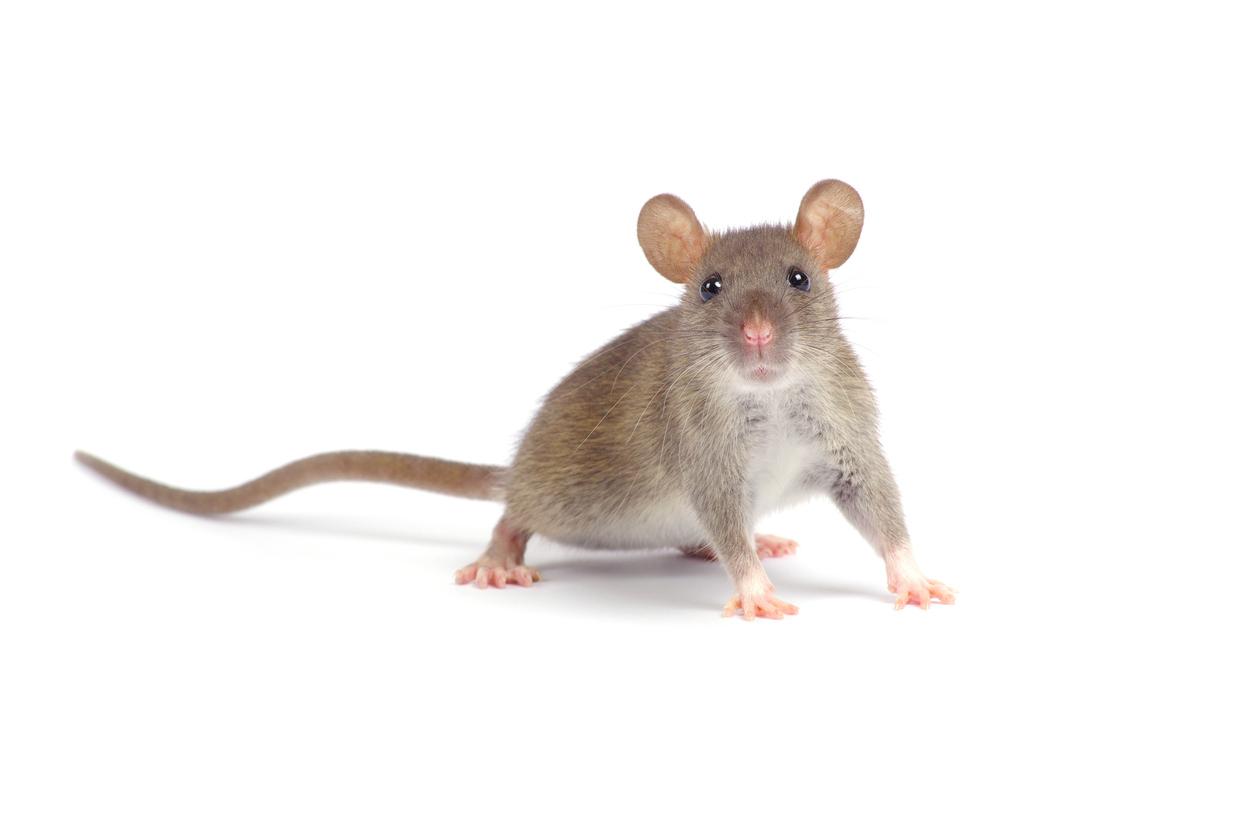Chronic circadian dysfunction may be carcinogenic, according to a study carried out on mice.

- In the study, mice with “humanized” livers and exposed to jet lag had a shorter lifespan, greater cirrhosis and jaundice.
- Chronic circadian dysfunction induced cancer in liver cells and metastasis.
- Glucose intolerance, abnormal accumulation of fat in the liver, inflammation and fibrosis have been observed in rodents and people with liver cancer.
The circadian rhythm is our brain’s internal 24-hour timer that regulates cycles of alertness, sleep, and virtually all body functions by being synchronized with the day-night cycle. Several researches have revealed that when the human body’s internal clock is out of sync, the risk of developing diseases increases. In a recent study, published in the journal Journal of Hepatologyscientists at Duke University have linked chronic jet lag, also known as “chronic circadian dysfunction,” to an increased risk of liver cancer.
The rodents had “both human and mouse liver cells”
To reach this conclusion, they carried out experiments on mice with “humanized” livers. “This animal model contains both human and mouse liver cells, which allows us to study the effect of circadian rhythm disruption on cancer development in human cells,” has explained Loning Fu, author of the work. During the experiments, a group of mice was exposed to the natural day-night cycle. For the other group, the researchers changed the periods of light and darkness the animals were exposed to, to create the equivalent of the changes a person experiences when traveling back and forth between San Francisco and London every week for several weeks.
Cirrhosis, jaundice, liver cancer: more risks due to jet lag
The results showed that rodents subjected to jet lag had a shorter lifespan, greater cirrhosis, jaundice and also developed cancer in liver cells following the same process and molecular pathways as in humans. . “Importantly, chronic jet lag also induced metastases from humanized livers,” said the researcher.
According to blood tests and microscopic investigations of the livers, many commonalities were observed between mice and liver cancer patients, including glucose intolerance, abnormal accumulation of fat in the liver, inflammation and fibrosis. According to the team, as the tumor progresses, the biomarker profile and gene expression patterns in the cells change.
“Become aware of the increased risk of cancer for people working night shift”
“Once tumors grow spontaneously in response to chronic disruption of the circadian rhythm, returning the mice to a normal circadian clock slows tumor development and prevents metastasis. When the animals return to a circadian rhythm normal, the gene expression pattern is restored. (…) The results raise awareness of the increased risk of cancer for people working night shifts for a long period of time or regularly traveling across several time zones”, concluded David Moore, co-author of the study.















